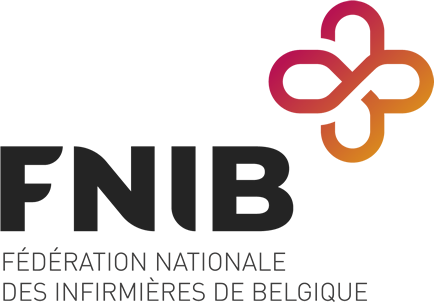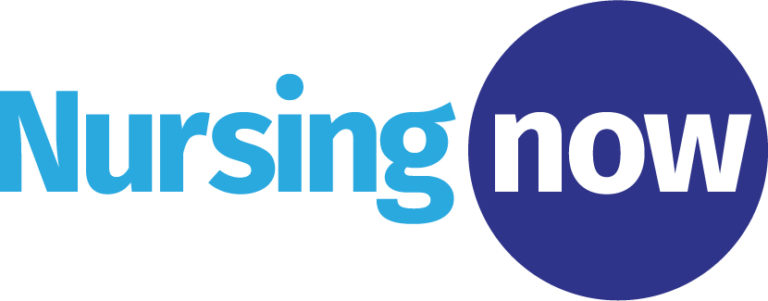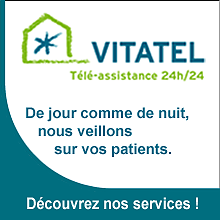Présence de la FNIB au « Salon des métiers » du 15.05.2025
-
The EU nurses receive special recognition from the European Citizen’s Prize

The European Federation of Nurses Associations (EFN) is proud to announce that, on its 50th Birthday, the European Citizen’s Prize, given by the European Parliament on 9 November 2021, provided a special recognition to all the EU nurses for their instrumental role, relentless and exceptional commitment to working on the frontline during the COVID-19 crisis providing care 24/7 at the bedside of patients, in the most difficult and unprecedented circumstances, risking their own lives and that of their loved ones.
“Many Europeans, mostly in the health sector, undertook heroic efforts to fight the pandemic and help those in need. To acknowledge these heroic efforts, the Chancellery decided to add a theme to the submitted projects, namely « the fight against the Coronavirus », said European Parliament Vice-President Dita Charanzová, Chancellor of the European Citizen’s Prize.
The ongoing COVID-19 pandemic has demonstrated the added value of the nursing workforce to the European healthcare ecosystems – working at the frontline of care, providing the evidence that nurses’ competencies are central to the functioning of healthcare systems in the EU. But the challenge of resilience building cannot be discussed without concrete, fit-for-practice solutions, being implemented and upscaled throughout the EU with the support of the EU.
“We are honoured and grateful for the recognition of the EU Nurses by you! When you look at healthcare resilience from a nursing perspective, we need your political leadership to build that resilience and especially when tackling the shortage of nurses at an EU level, right now!”, expressed Dr Paul De Raeve, EFN Secretary General.
A special mention goes to all the EFN Members – the National Nursing Associations in the EU and Europe – for their ongoing commitment to EFN and their relentless support within their countries to all frontline nurses whose expertise and knowledge is central to saving lives and comforting patients in extremely difficult working conditions, all the while maintaining essential support services to those who require healthcare.






